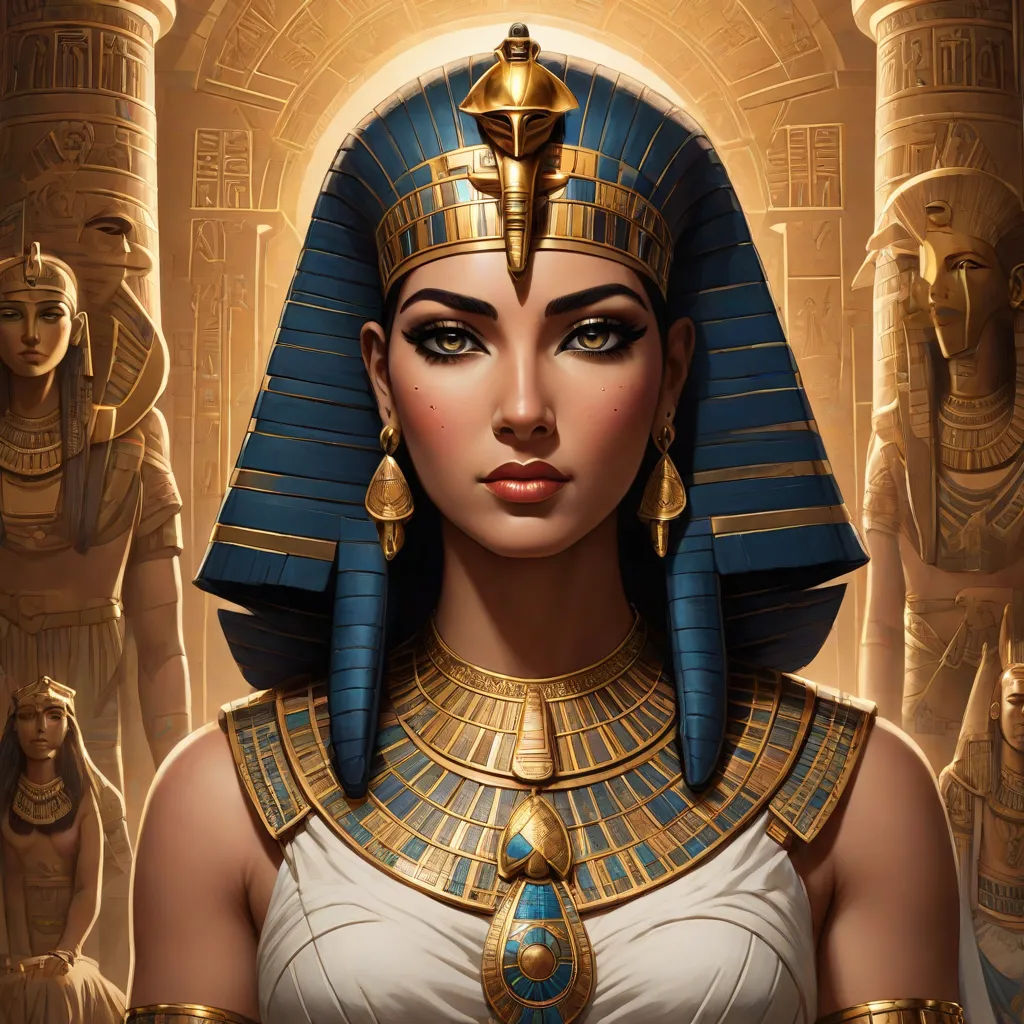
Cleopatra: The Last Pharaoh
By jajan lazada

04 Oct, 2024
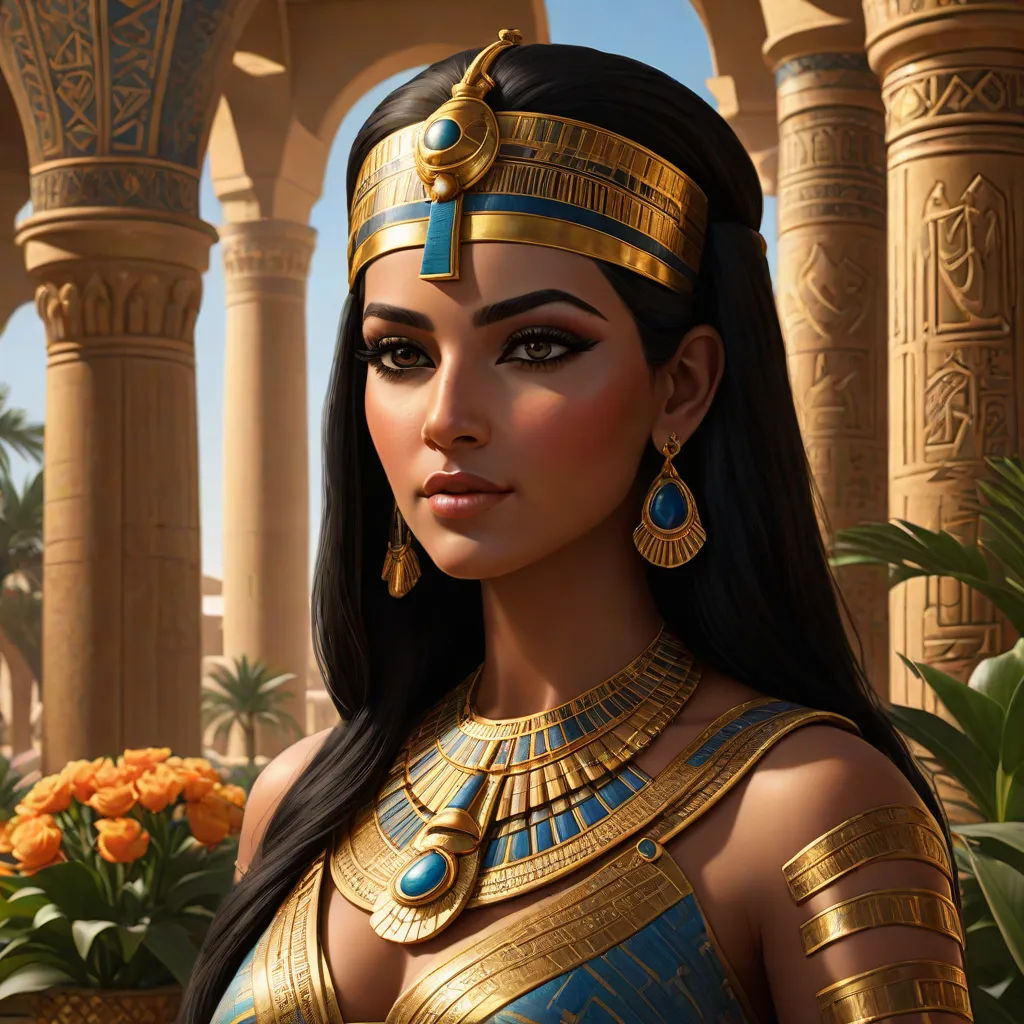
Cleopatra, the last Pharaoh of Egypt, was an embodiment of grace and power. She ruled her kingdom with an iron fist, and a caring heart.

The arrival of Julius Caesar, a Roman general, brought a whirlwind of change. Intrigued by her intelligence and charm, Caesar formed an alliance with Cleopatra.
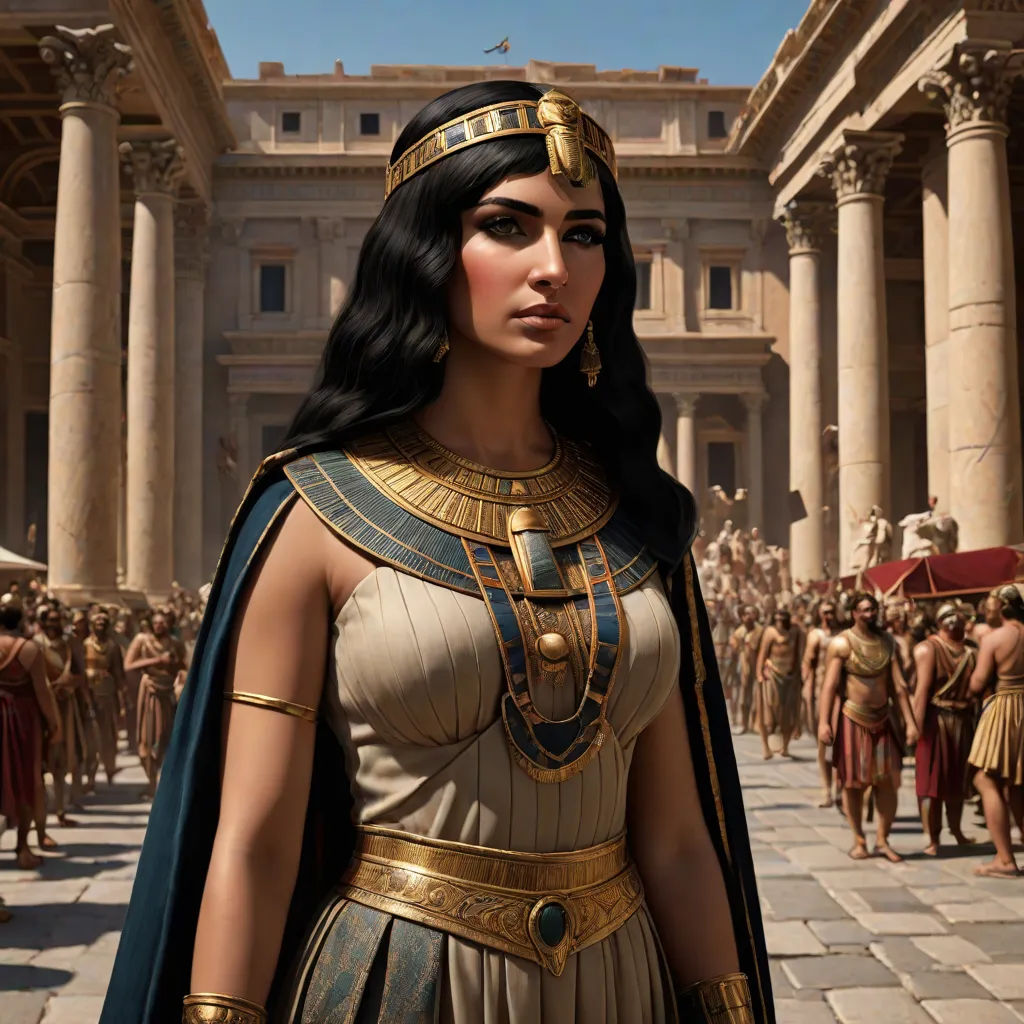
Together, they travelled to Rome, where Cleopatra was both admired and scorned for her exotic allure. Their alliance was strong, but their enemies were numerous.
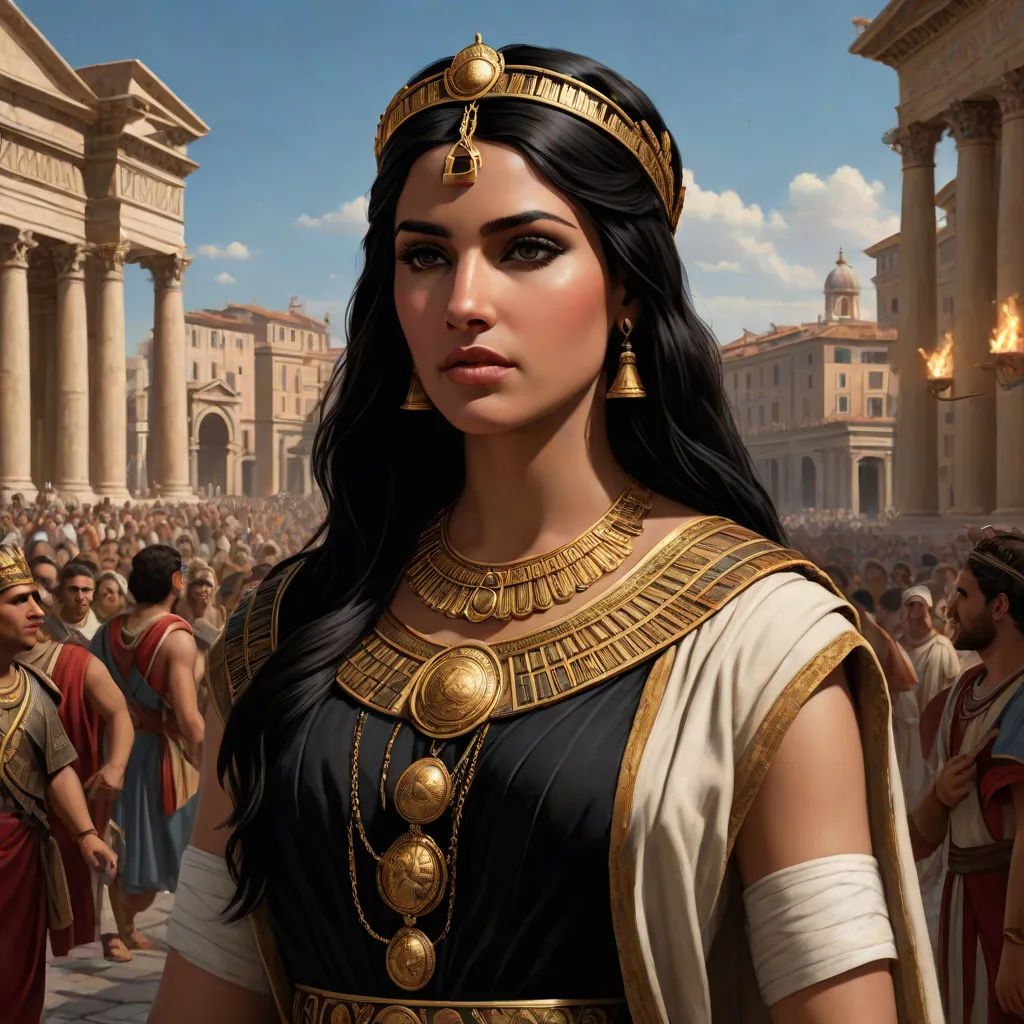
Despite the odds, they stood together, navigating the treacherous waters of politics and power. Their bond deepened, and they welcomed a son, Caesarion.
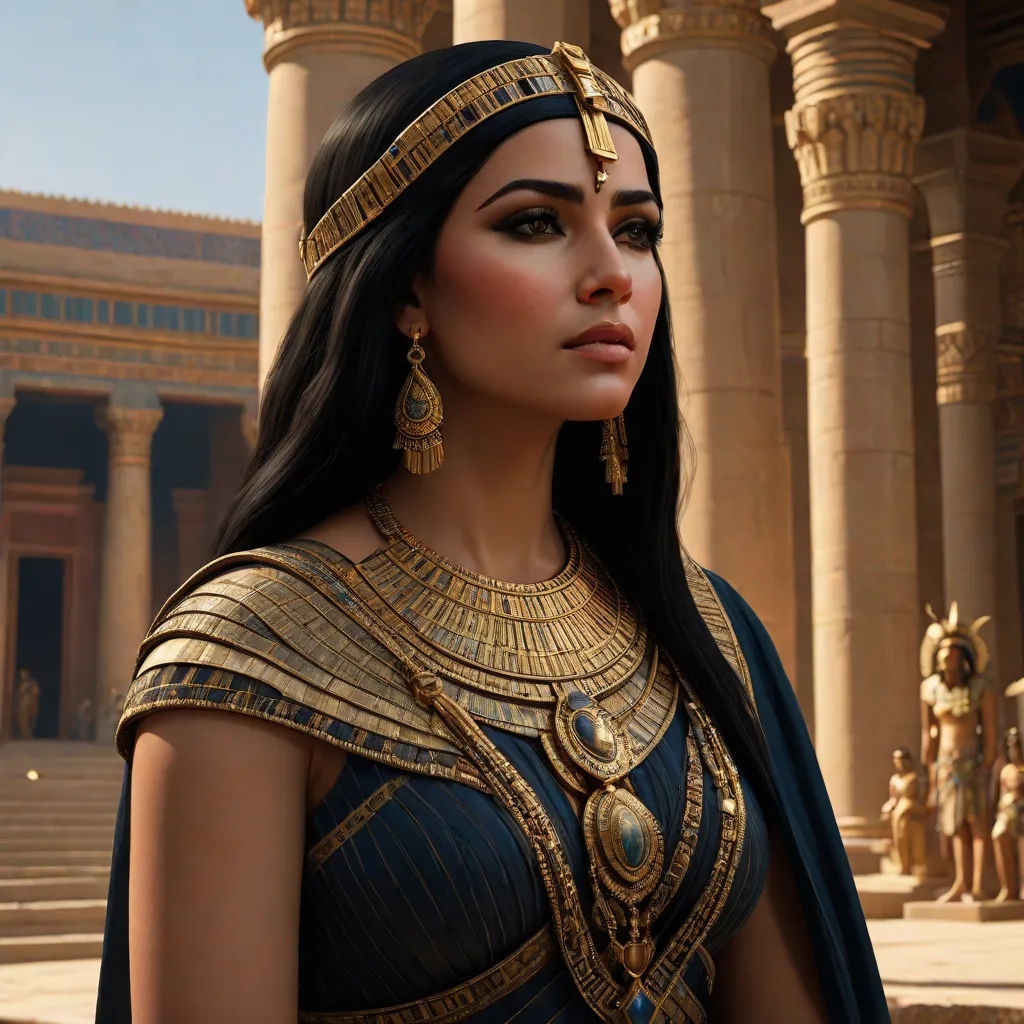
The news of Caesar's assassination shattered Cleopatra. She returned to Egypt, pledging to protect her kingdom and her son.
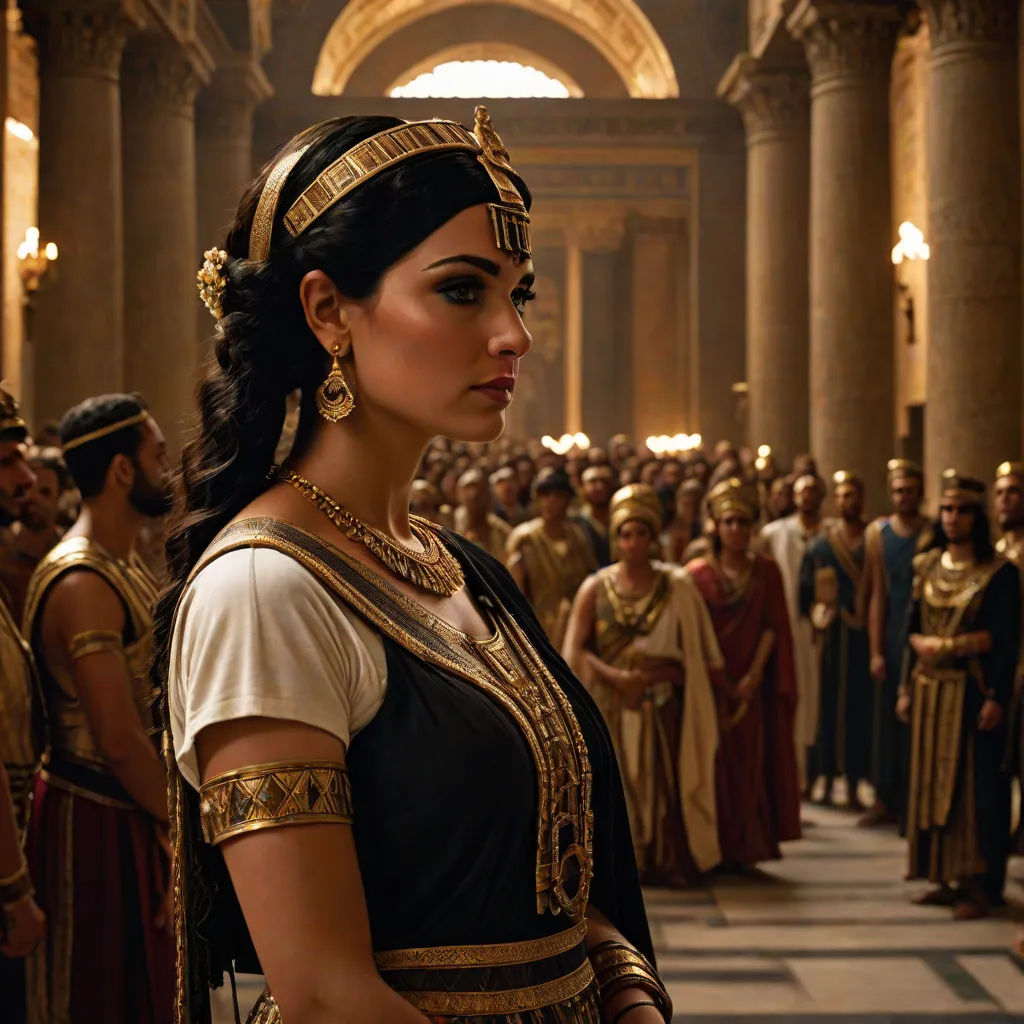
Mark Antony, Caesar's ally, sought Cleopatra's support, and in return, promised to protect her throne. A new alliance was formed, one built on mutual respect and shared goals.
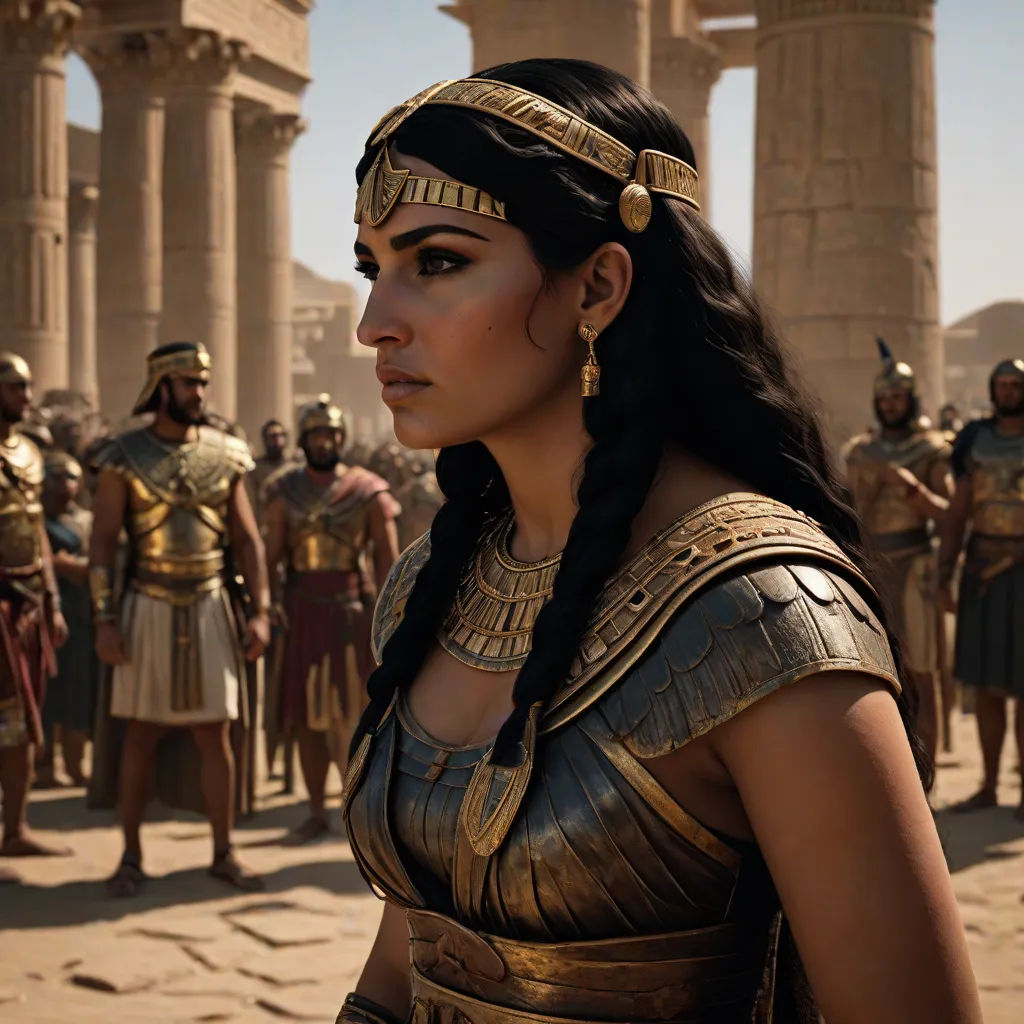
Their defeat at the Battle of Actium marked the beginning of the end. Antony, filled with despair, took his own life believing Cleopatra was dead.
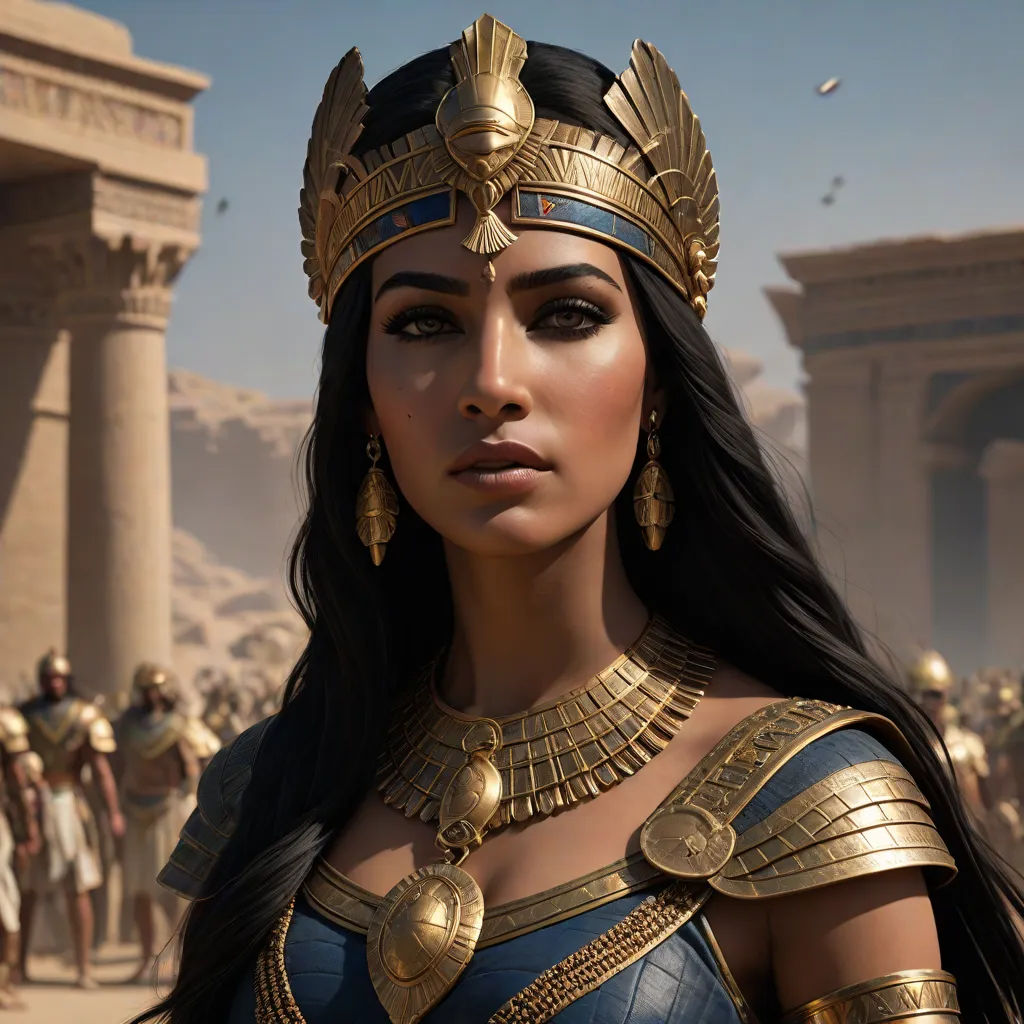
Cleopatra, heartbroken and surrounded by enemies, chose to die rather than be paraded as a prisoner. She bid farewell to her kingdom, her heart heavy with sorrow.
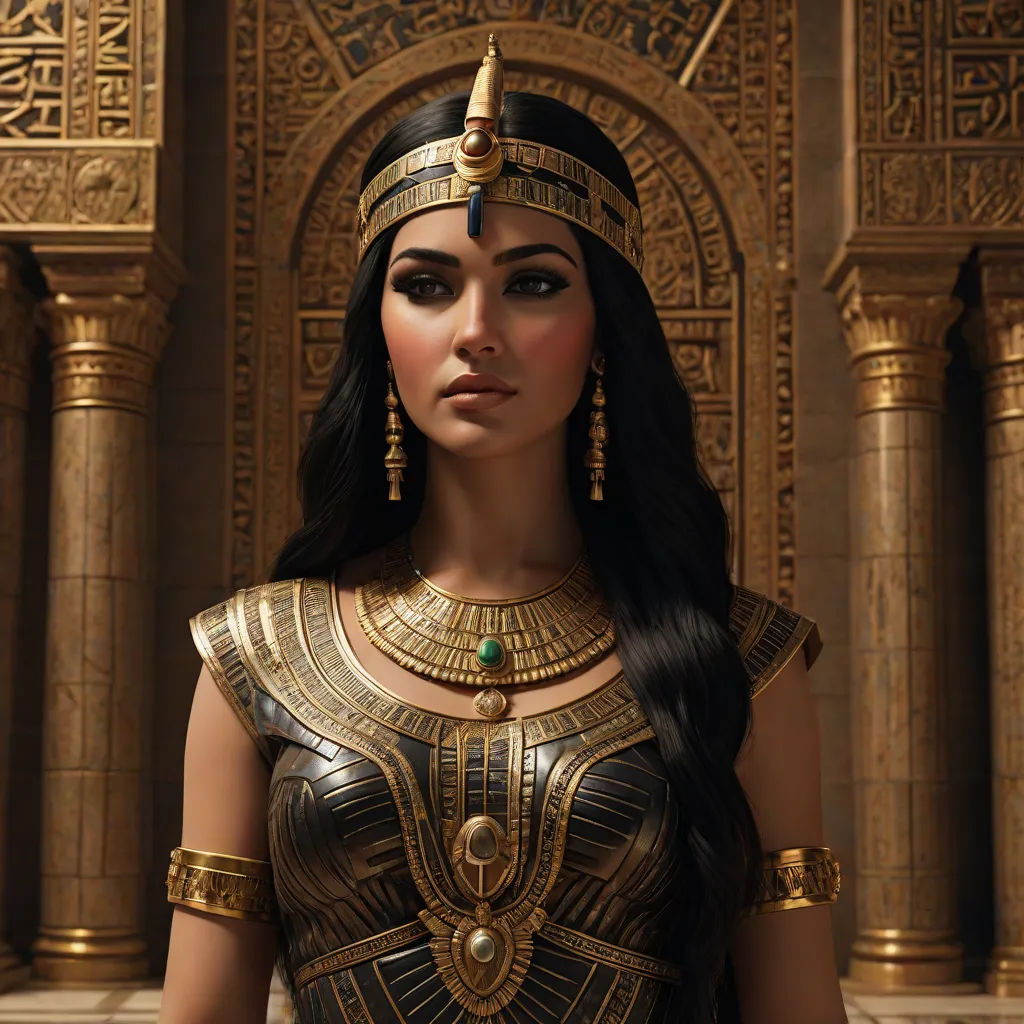
In her final moments, Cleopatra held onto her dignity and pride. She refused to let her enemies have the satisfaction of seeing her defeated.
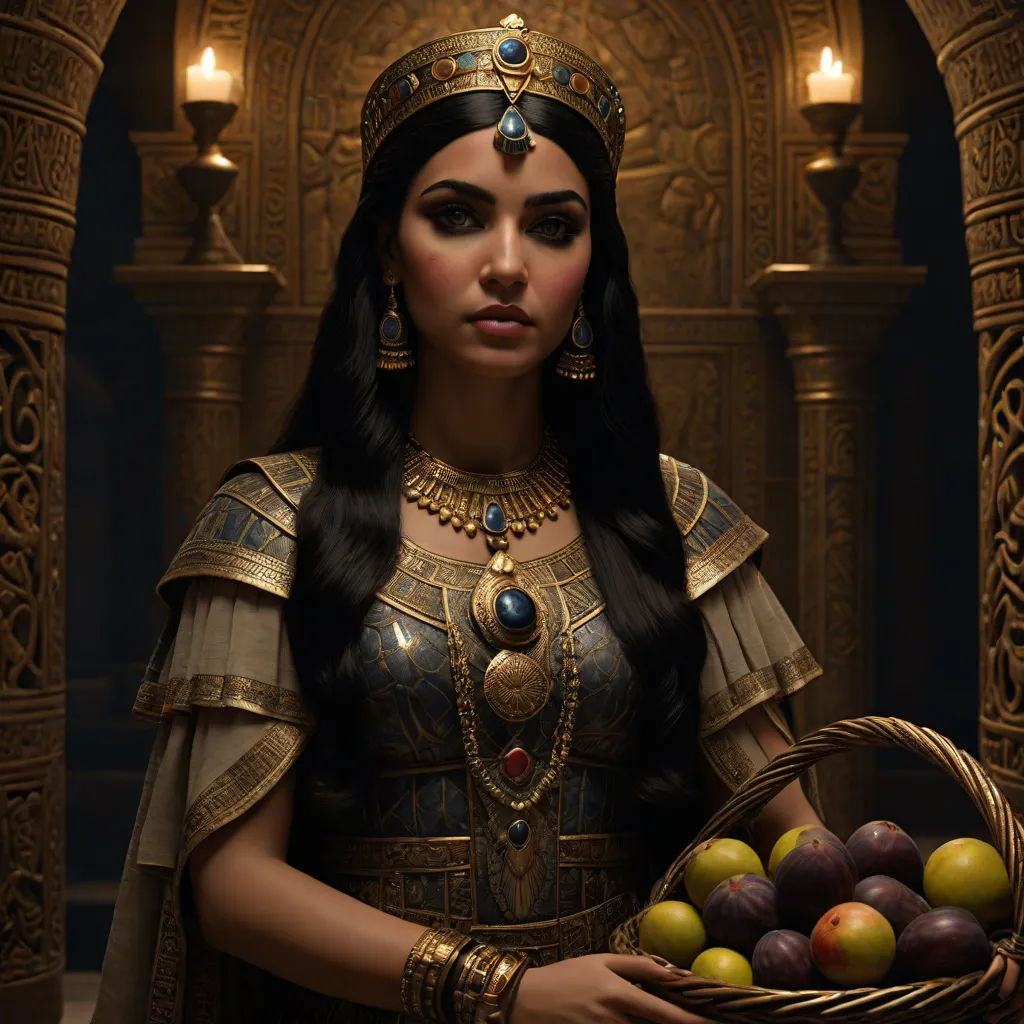
She sent for a basket of figs, within which hid a venomous asp. As she prepared to meet her end, she dressed in her royal attire, the queen until her last breath.

With Cleopatra's demise, Egypt fell under the rule of Rome. But her legacy lived on, a beacon of strength and resilience, echoing through the sands of time.

Cleopatra, the last Pharaoh, remains etched in history not just as a queen, but as a symbol of power and grace, a woman who dared to defy and rule.